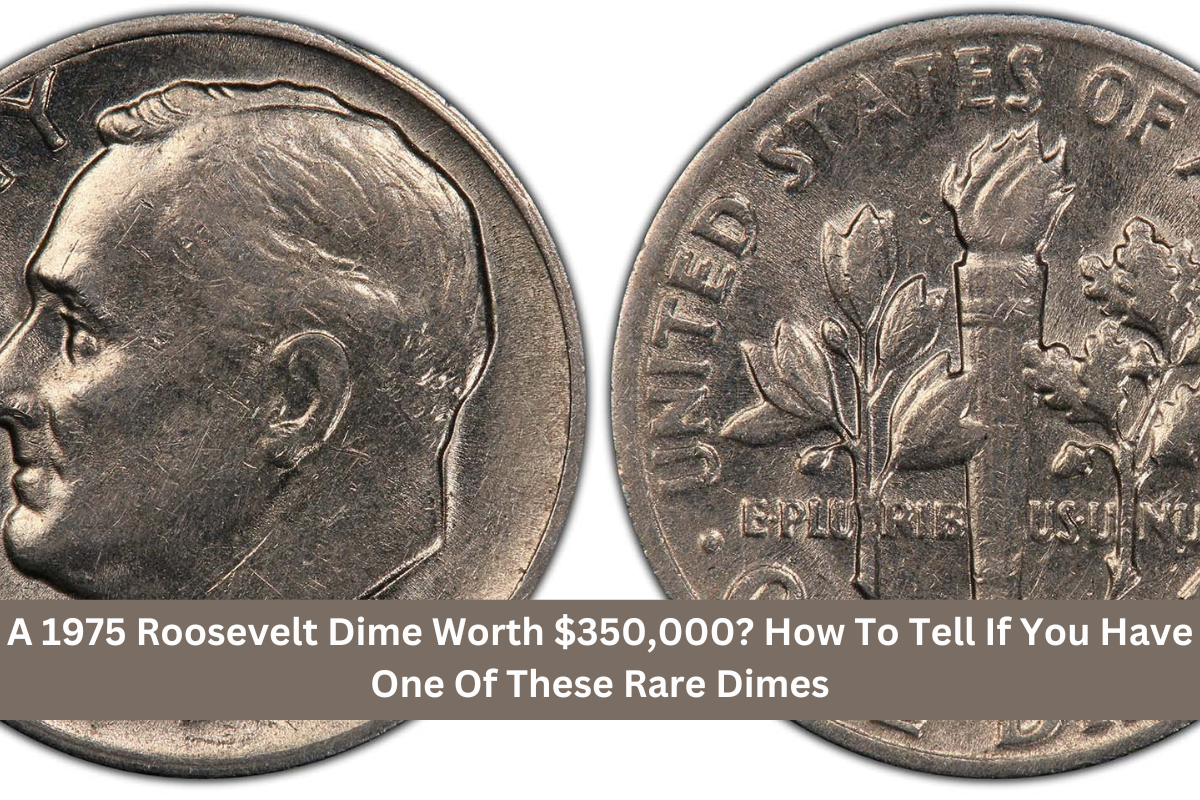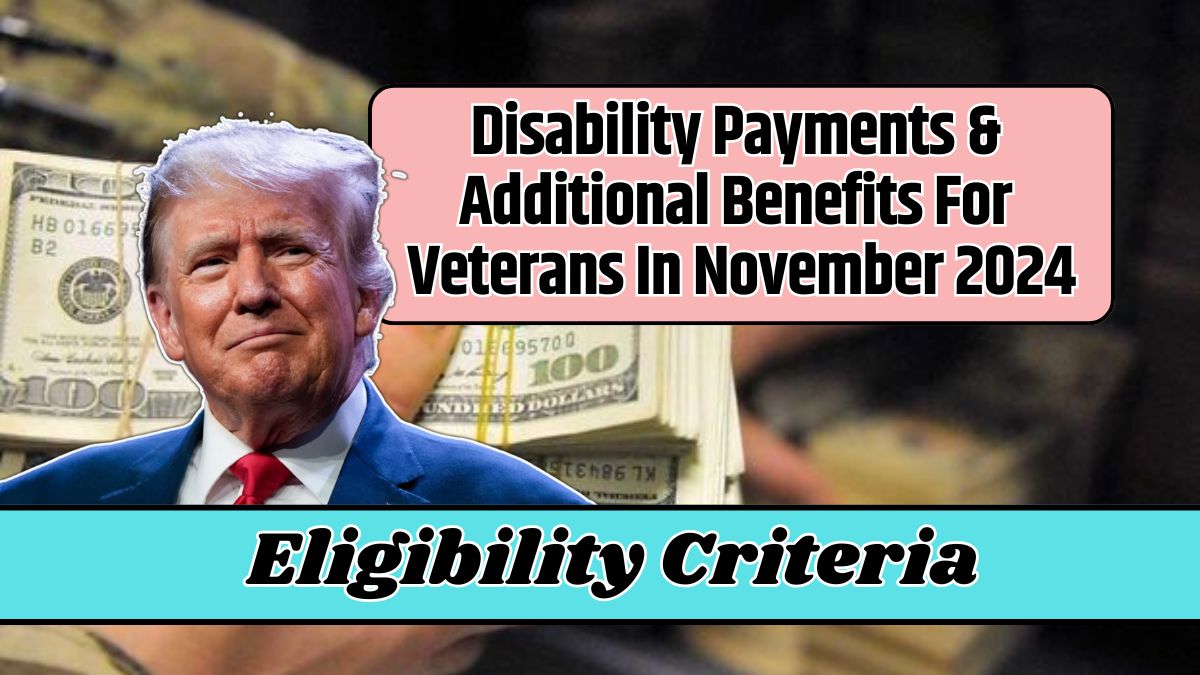Social Security is a vital source of income for millions of retirees, but not everyone qualifies to receive these benefits.
While most people can access Social Security retirement payments after working and paying into the system for many years, certain groups may be surprised to find they don’t meet the eligibility requirements.
Understanding who is and isn’t eligible can help you plan better for retirement and avoid unexpected surprises.
Who Is Eligible for Social Security?
To qualify for Social Security, you typically need to have earned 40 credits, which usually requires around 10 years of work paying into the Social Security system. There are three primary types of benefits available:
- Retirement benefits: For workers who have accumulated enough credits.
- Spousal benefits: Available to spouses of workers who qualify.
- Survivors benefits: For the widows, widowers, and dependents of workers who have passed away.
For individuals with limited work history or special circumstances, the rules can become more complex. Let’s explore the types of Americans who might not qualify for these benefits.
Types of Americans Not Eligible for Social Security
1. People Who Haven’t Worked Long Enough
The most common reason someone wouldn’t qualify for Social Security is not having worked for at least 10 years, or the equivalent of 40 credits. In 2024, a worker earns one credit for every $1,730 of income, with a maximum of four credits per year.
If someone hasn’t accumulated these credits, they will not be eligible for retirement benefits.
This often impacts individuals with long periods of unemployment, stay-at-home parents, or immigrants who came to the U.S. later in life and didn’t have enough time to accumulate credits.
2. Workers Who Didn’t Pay Social Security Taxes
Not all jobs are subject to Social Security taxes. For instance, some state and local government employees are excluded from Social Security coverage if their employer provides a pension with comparable benefits.
According to the Social Security Administration, roughly 25% of state and local government workers don’t contribute to Social Security.
Self-employed workers who don’t report all of their income or avoid paying self-employment taxes may also be ineligible, as unreported income doesn’t count toward Social Security credits.
3. Government Workers with Pensions
Some government employees who qualify for a pension might see their Social Security benefits reduced or even eliminated due to the Windfall Elimination Provision (WEP).
This rule applies to workers who receive pensions from jobs that didn’t require them to pay Social Security taxes but who also worked in other jobs where they did pay into the system.
The WEP formula can reduce the Social Security benefits they are entitled to, even if they worked and contributed in other jobs. In 2020, about 3% of Social Security beneficiaries were affected by this provision.
4. Retirees Living in Certain Foreign Countries
Retiring abroad is a dream for many, but U.S. citizens living in certain countries may not receive Social Security payments.
Restrictions apply to recipients living in countries like Cuba, North Korea, and some former Soviet states, including Uzbekistan and Belarus. Payments are withheld while recipients live in these restricted countries but will resume if they move to a country where payments are allowed.
For noncitizens, the rules are more complicated. Some may lose their Social Security payments if they stay outside the U.S. for more than six months, while others may continue receiving benefits based on their work record.
5. Incarcerated Individuals
Americans who are incarcerated for more than 30 days lose their Social Security benefits during their imprisonment. While their payments are suspended, their family members may still be eligible for spousal or dependent benefits. Upon release, their benefits can be reinstated, but they will not receive any back payments for the time spent in prison.
6. Individuals Who Die Before Age 62
Lastly, some workers won’t benefit from Social Security because they die before reaching the minimum age of 62 to start retirement benefits. However, their spouse and children may still be eligible to receive survivors benefits, which are based on the deceased worker’s earnings record.
How to Determine Your Eligibility for Social Security
The easiest way to check your eligibility for Social Security benefits is to create an account on the Social Security Administration’s website. This tool allows you to track the number of credits you’ve earned, see estimated future benefits, and ensure that your earnings record is accurate.
Monitoring your account regularly ensures that any missing or inaccurate income information can be corrected promptly, which can make a significant difference in the amount of your future benefits.
While Social Security benefits are a crucial part of retirement planning for most Americans, not everyone qualifies. Individuals who haven’t worked enough, didn’t pay Social Security taxes, or fall into other specific categories may find themselves ineligible for benefits.
If you’re unsure whether you qualify, it’s essential to regularly check your earnings record and understand how various factors could impact your benefits. Proper planning is key to ensuring financial security in retirement.
FAQs
Who needs 40 credits to qualify for Social Security?
Workers need 40 credits, usually earned over 10 years, to qualify for benefits.
Are state and local government workers eligible for Social Security?
Many are not if they have pension plans, but some may still qualify based on other jobs.
Can I receive Social Security while living abroad?
Yes, but restrictions apply to certain countries like North Korea and Cuba.
What happens to Social Security benefits when someone is incarcerated?
Benefits are suspended but can resume once the person is released.
Can survivors claim Social Security if a worker dies before age 62?
Yes, survivors may receive benefits based on the worker’s earnings record.






















